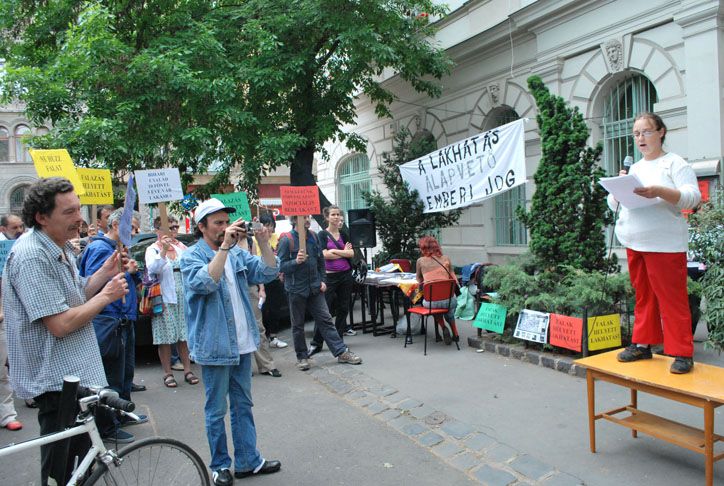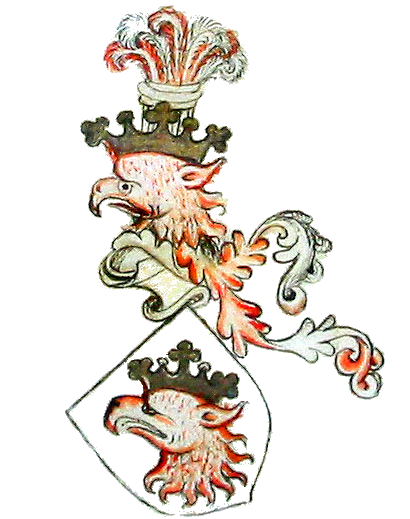|
Circular Monday
Circular Monday is a grassroots movement, database and shopping day for circular consumption. It involves businesses with circular economy business models that sell, rent, share and repair products made out of recycled materials, including second hand services. It was founded in 2017 in Malmö, Sweden, by Swedish start-up founder Henning Gillberg, and was initially called White Monday; it changed name in 2020. It was devised as an antidote to Black Friday, which promotes linear consumption, and takes place on the Monday before Black Friday. By 2019, over 200 businesses were taking part. Participating businesses - mainly based in Europe - discount their products to expose circular alternatives to the linear consumption offered by Black Friday and other shopping days. See also * Buy Nothing Day Buy Nothing Day is a minor event of protest against consumerism. In North America, the United Kingdom, Finland and Sweden, Buy Nothing Day is held the day after U.S. Thanksgiving ... [...More Info...] [...Related Items...] OR: [Wikipedia] [Google] [Baidu] |
Grassroots
A grassroots movement is one that uses the people in a given district, region or community as the basis for a political or economic movement. Grassroots movements and organizations use collective action from the local level to effect change at the local, regional, national or international level. Grassroots movements are associated with bottom-up, rather than top-down decision making, and are sometimes considered more natural or spontaneous than more traditional power structures. Grassroots movements, using self-organization, encourage community members to contribute by taking responsibility and action for their community. Grassroots movements utilize a variety of strategies from fundraising and registering voters, to simply encouraging political conversation. Goals of specific movements vary and change, but the movements are consistent in their focus on increasing mass participation in politics. These political movements may begin as small and at the local level, but grassroots ... [...More Info...] [...Related Items...] OR: [Wikipedia] [Google] [Baidu] |
Circular Economy
A circular economy (also referred to as circularity and CE) is a model of production and consumption, which involves sharing, leasing, reusing, repairing, refurbishing and recycling existing materials and products as long as possible. CE aims to tackle global challenges as climate change, biodiversity loss, waste, and pollution by emphasizing the design-based implementation of the three base principles of the model. The three principles required for the transformation to a circular economy are: eliminating waste and pollution, circulating products and materials, and the regeneration of nature. CE is defined in contradistinction to the traditional linear economy. The idea and concepts of circular economy (CE) have been studied extensively in academia, business, and government over the past ten years. CE has been gaining popularity since it helps to minimize emissions and consumption of raw materials, open up new market prospects and principally, increase the sustainability of co ... [...More Info...] [...Related Items...] OR: [Wikipedia] [Google] [Baidu] |
Used Good
Used goods mean any item of personal property offered for sale not as new, including metals in any form except coins that are legal tender, but excluding books, magazines, and postage stamps. Risks Furniture, in particular bedding or upholstered items, may have bedbugs, if they have not been examined by an expert. Benefits Recycling goods through the secondhand market reduces use of resources in manufacturing new goods and diminishes waste which must be disposed of, both of which are significant environmental benefits.Another benefit of recycling clothes is for the creation for new pieces of clothing from combings parts of recycled clothes to make a whole new piece. This has been done by multiple fashion designers recently and has been growing in recent years. However, manufacturers who profit from sales of new goods lose corresponding sales. Scientific research shows that buying used goods reduces carbon footprint and emissions significantly compared to the complete product ... [...More Info...] [...Related Items...] OR: [Wikipedia] [Google] [Baidu] |
Malmö
Malmö (, ; da, Malmø ) is the largest city in the Swedish county (län) of Scania (Skåne). It is the third-largest city in Sweden, after Stockholm and Gothenburg, and the sixth-largest city in the Nordic region, with a municipal population of 350,647 in 2021. The Malmö Metropolitan Region is home to over 700,000 people, and the Øresund Region, which includes Malmö and Copenhagen, is home to 4 million people. Malmö was one of the earliest and most industrialised towns in Scandinavia, but it struggled to adapt to post-industrialism. Since the 2000 completion of the Öresund Bridge, Malmö has undergone a major transformation, producing new architectural developments, supporting new biotech and IT companies, and attracting students through Malmö University and other higher education facilities. Over time, Malmö's demographics have changed and by the turn of the 2020s almost half the municipal population had a foreign background. The city contains many histori ... [...More Info...] [...Related Items...] OR: [Wikipedia] [Google] [Baidu] |
Black Friday (shopping)
Black Friday is a colloquial term for the Friday after Thanksgiving in the United States. It traditionally marks the start of the Christmas shopping season in the United States. Many stores offer highly promoted sales at discounted prices and often open early, sometimes as early as midnight or even on Thanksgiving. Some stores' sales continue to Monday ("Cyber Monday") or for a week ("Cyber Week"). Black Friday occurs on the day after Thanksgiving in the United States. Black Friday has routinely been the busiest shopping day of the year in the United States.; ShopperTrak, Press Release, (November 16, 2010).''E.g.,'' Etymology For centuries, the adjective "black" has been applied to days upon which calamities occurred. Many events have been described as "Black Friday", although the most significant such event in American history was the Panic of 1869, which occurred when financiers Jay Gould and James Fisk took advantage of their connections with the Grant Administrat ... [...More Info...] [...Related Items...] OR: [Wikipedia] [Google] [Baidu] |
Buy Nothing Day
Buy Nothing Day is a minor event of protest against consumerism. In North America, the United Kingdom, Finland and Sweden, Buy Nothing Day is held the day after U.S. Thanksgiving, concurrent to Black Friday; elsewhere, it is held the following day, which is the last Saturday in November."Buy Nothing Day "''Adbusters.org'' Buy Nothing Day was founded in by artist Ted Dave and subsequently promoted by '''' based in Canada. The first Buy Nothing Day was organized in Canada in September 1992 "as a day for society to examine the issue of overconsumption." In 1997, it was moved to the F ... [...More Info...] [...Related Items...] OR: [Wikipedia] [Google] [Baidu] |
Consumerism
Consumerism is a social and economic order that encourages the acquisition of goods and services in ever-increasing amounts. With the Industrial Revolution, but particularly in the 20th century, mass production led to overproduction—the supply of goods would grow beyond consumer demand, and so manufacturers turned to planned obsolescence and advertising to manipulate consumer spending. In 1899, a book on consumerism published by Thorstein Veblen, called ''The Theory of the Leisure Class'', examined the widespread values and economic institutions emerging along with the widespread "leisure time" at the beginning of the 20th century. In it, Veblen "views the activities and spending habits of this leisure class in terms of conspicuous and vicarious consumption and waste. Both relate to the display of status and not to functionality or usefulness." In economics, consumerism may refer to economic policies that emphasise consumption. In an abstract sense, it is the consideration th ... [...More Info...] [...Related Items...] OR: [Wikipedia] [Google] [Baidu] |
Anti-consumerism
Anti-consumerism is a sociopolitical ideology that is opposed to consumerism, the continual buying and consuming of material possessions. Anti-consumerism is concerned with the private actions of business corporations in pursuit of financial and economic goals at the expense of the public welfare, especially in matters of environmental protection, social stratification, and ethics in the governing of a society. In politics, anti-consumerism overlaps with environmental activism, anti-globalization, and animal-rights activism; moreover, a conceptual variation of anti-consumerism is ''post-consumerism'', living in a material way that transcends consumerism. Anti-consumerism arose in response to the problems caused by the long-term mistreatment of human consumers and of the animals consumed, and from the incorporation of consumer education to school curricula; examples of anti-consumerism are the book ''No Logo'' (2000) by Naomi Klein, and documentary films such as '' The Corporatio ... [...More Info...] [...Related Items...] OR: [Wikipedia] [Google] [Baidu] |





.jpg)
